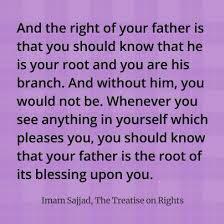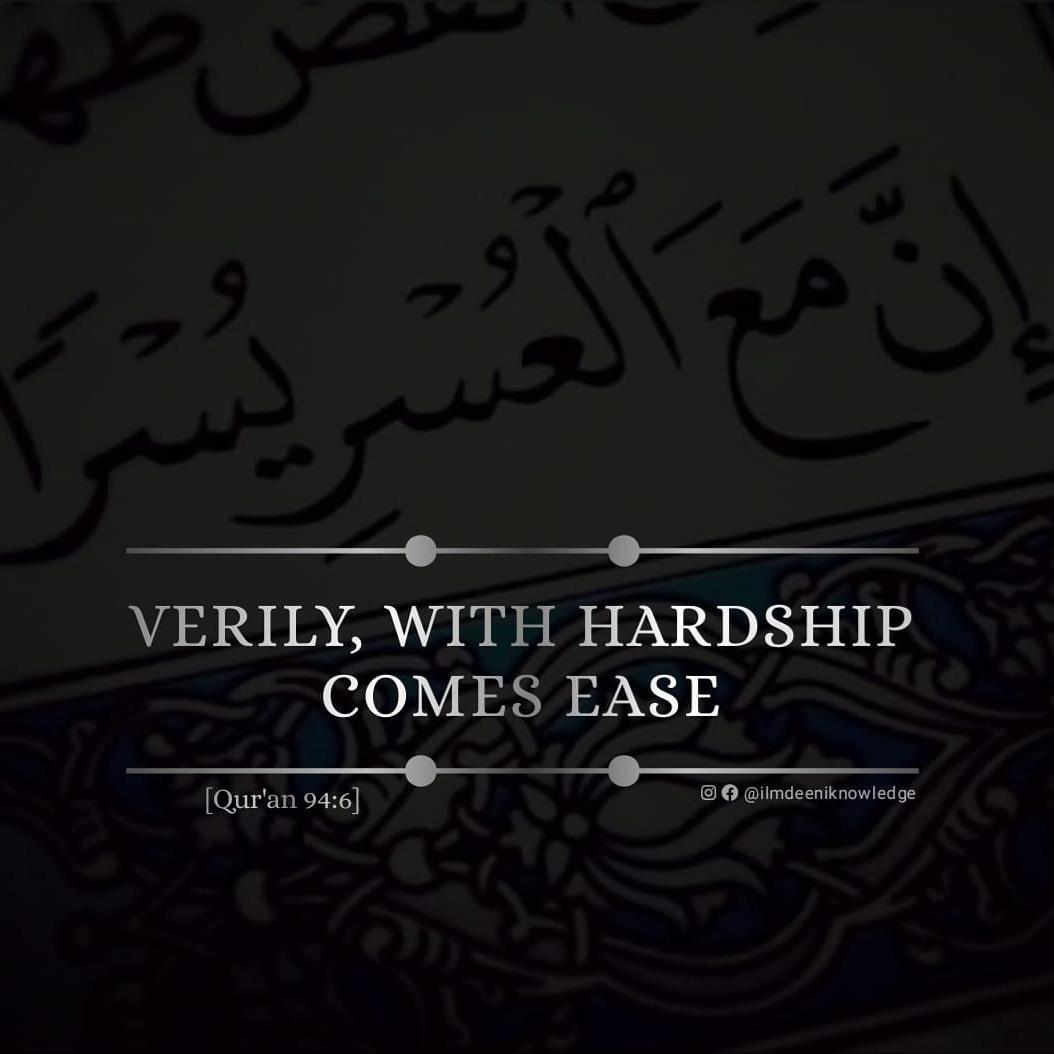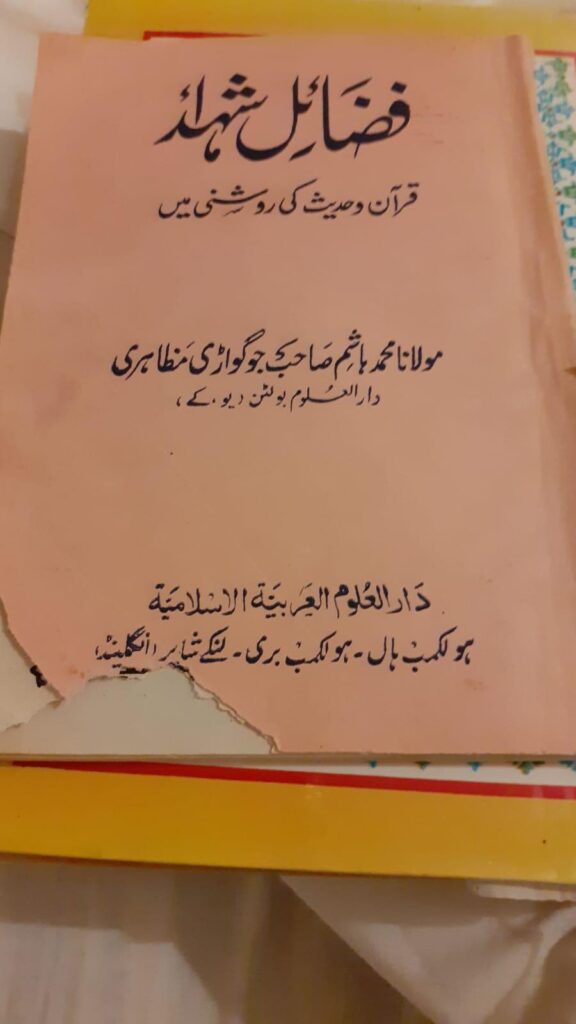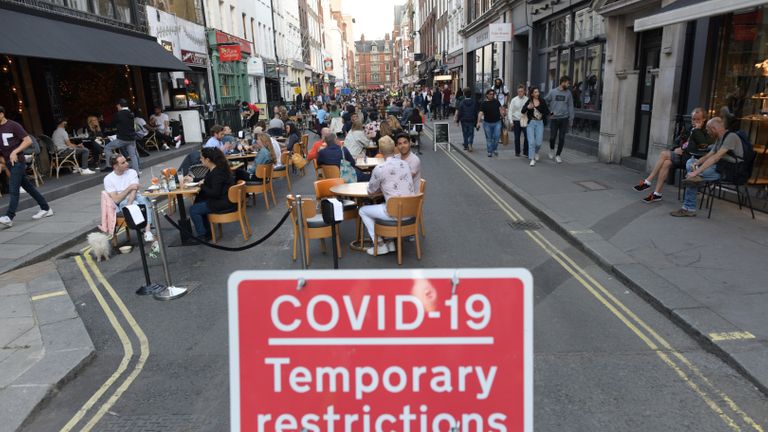27th November 2013 – Nazir Ahmed Satia (Allah drench him in his mercy)
Parents live forever. People say that when parents die, the world comes to an end. The house looks empty. But I feel that parents live forever and they stay with us. It’s us who forget them. The matter of fact is that a brother has the eyes of the beloved father, a sister has a pretty face like a compassionate mother, a sibling smiles like a dad, or a sister cooks like a mum.
Parents don’t die. They never leave us. They live among us. They live in us. We are the reflections of our parents. Despite their physical absence, they continue to live in us. When you want to remember your parents, when you want to see them, when you want to be with them, simply gather your siblings around you. You will find the mesmerising smile of the mother in one sibling, the soothing voice of the father in another. You will feel your parents very close to you. All around you. Deep inside you. The garden of love that parents cultivate and grow with love, from the time that you are born, with the hard work of their tears and blood; it will continue to bloom, unaffected by the cycles of tough weathers of life. They shelter us in tough times. But there are times, when we forget all their hard work and destroy the paradise that they built, with our selfishness, hatred, and opportunistic attitudes.
Parents don’t die. We put them to death. Love your parents. Love your siblings. Continue to feed the garden that parents cultivated with love and compassion so that it never stops blooming and blossoming. You will make your world a living paradise on Earth. A heaven that only knows love, compassion, care, respect and it has you with your loved ones around you.
Allah forgive our parents and have mercy on them, accept their good deed and grant them Jannah, Ameen
















